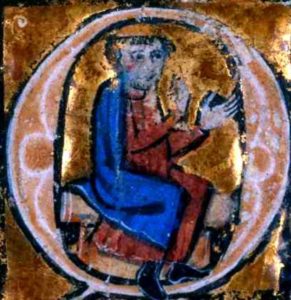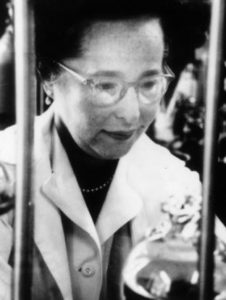The Caliph’s Doctor and the Father of Kabbalah
Itzhak ben Shlomo (c. 832-932) was born to a religious Jewish family in Egypt. He became renowned as the greatest physician in the country, and in 904 was hired by Prince Ziyadat Allah III. Several years later, he became court physician to Caliph Al-Mahdi Billah of the Fatimid Dynasty, based in Kairouan, Tunisia. Recognizing his immense wisdom, the Caliph made Itzhak (known in Arabic as “Abu Yaqub Ishaq ibn Suleiman al-Israili”, and in Europe as “Isaac Judaeus”) his leading advisor and tutor. Itzhak wrote numerous medical, astronomical, and mathematical treatises which transformed the scientific knowledge of the day. For instance, he is the first person in history to mention performing a tracheostomy. His works were widely distributed for centuries afterwards, and made up much of the medical curriculum of the Middle Ages. Itzhak was also a great philosopher, kabbalist, and mystic. He fused together Greek Neoplatonism with traditional Jewish mysticism, paving the way for the forthcoming explosion of Kabbalistic texts and Jewish mystical circles. His main disciple, Dunash ibn Tamim, wrote a profound commentary on Sefer Yetzirah, the most ancient of Kabbalistic texts. In addition to inspiring many rabbis, he was studied and quoted by great non-Jewish scholars like Thomas Aquinas and Roger Bacon. Among his many other writings is a deeply philosophical commentary on Genesis. In his day, Isaac Judaeus was the world’s leading sage, doctor, and scientist, and Arabic texts of the time refer to him as “master of the seven sciences” and “more valuable than gems”.
Why Did Muslims Rule the Holy Land for 1300 Years?
Words of the Week
We do not have to accept theories as certainties, no matter how widely accepted, for they are like blossoms that fade. Very soon science will be developed further and all of today’s new theories will be derided and scorned and the well-respected wisdom of our day will seem small-minded.
– Rav Kook, First Ashkenazi Chief Rabbi of Israel




